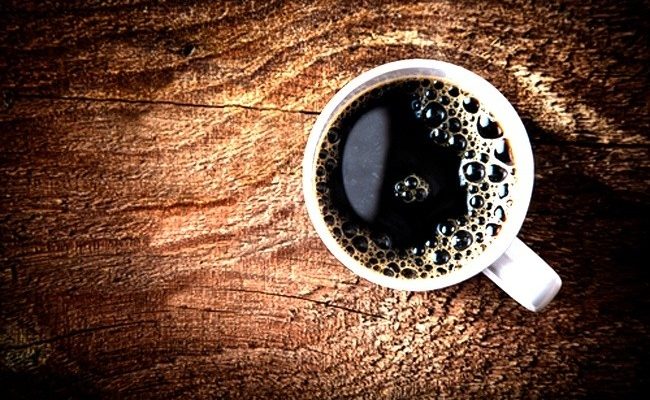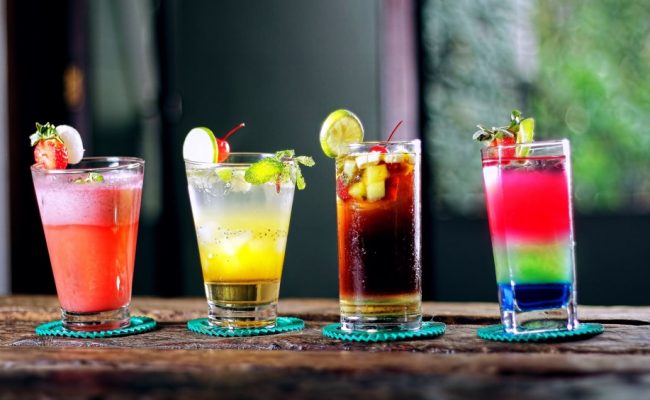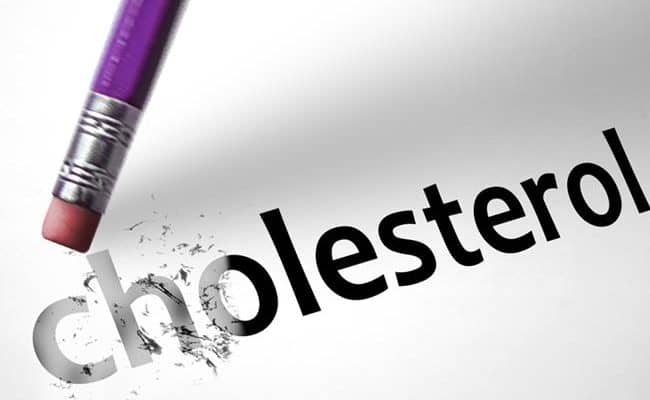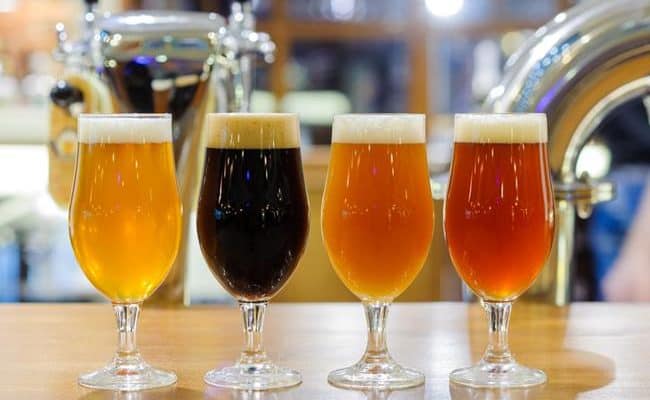
Migraines can cause debilitating pain and symptoms that can leave many unable to do much else when they happen. Migraines affect millions of people; about 18% of women and 6% of men in the United States suffer from migraines.
Unfortunately, much is still not known about migraines in terms of causes and what the best treatments are. People who suffer from migraines can have varying triggers and can range from stress, hormonal changes, food sensitivities, changes in sleep, environment, medications, etc.
More research is needed on understanding how foods can trigger migraines, but some research (1) suggests food components can stimulate the release of immunoglobins in the blood which initiates a domino effect of a migraine headache.
Other reasons include some foods may alter the balance of hormones in the brain like serotonin and epinephrine or by affecting the brain itself (2).
According to WebMD (3), in order for a food to be a trigger for a migraine, the migraine will come within 12-24 hours after eating.
While there is wide individual variance, most food triggers for migraines include: alcohol, caffeine (or caffeine withdrawal), food additives, citrus fruits, aged cheese and cured meats.
Alcohol
Any alcohol could be a trigger for some people, but researchers are still trying to understand the exact link for alcohol and why it may trigger some people for a migraine.
It may be because of the histamines and tyramine in alcohol that can set off a migraine or just the fact that alcohol dehydrates (4).
Food additives: MSG, artificial color or flavors
Monosodium glutamate (MSG) is added as a flavor enhancer and can be found in restaurants or some processed foods. MSG can affect up to 15% of people for triggering a migraine (5).
MSG is commonly associated with being used in some Chinese restaurants, but it can hide as an ingredient in many food packages.
Look for monosodium glutamate on the ingredient label but also names such as maltodextrin or hydrolyzed vegetable protein.
Artificial colors, sweeteners or other flavors may also be a trigger source for migraines in some people. Unfortunately, there are many names for artificial ingredients, so a suggestion to avoid them is to stick with whole, unprocessed foods as much as possible.
Caffeine
Caffeine’s relationship with headaches is somewhat complicated. Taking caffeine when you have a headache could help alleviate some pain. In fact, some pain medications actually have caffeine in them because pain can increase the effect of pain medicine.
However, getting too much caffeine could increase risk for getting a caffeine withdrawal headache.
There is a lot of individual variance with withdrawal; some people can get a withdrawal headache or migraine if they don’t have their usual coffee or tea amount they have been consuming.
If you find yourself getting withdrawal headaches when you don’t get a certain amount of caffeine, a recommendation is to cut back your caffeine intake slowly.
If you cut back dramatically your caffeine intake, it can cause headaches or migraines for days afterwards.
Most experts recommend if you notice caffeine triggers a migraine, don’t consume it. If you get migraines when you don’t get a certain level of caffeine, it may be better to avoid it altogether.
Keep in mind caffeine is in coffee and tea, but it can also be in other foods, drinks, medications or supplements.
Citrus fruits or chocolate
What do citrus fruit and chocolate have in common? Even though both foods can offer some health benefits, for some people they may be a trigger food for migraine.
Citrus and chocolate are two foods that are a source for a compound called tyramine. Tyramine has been associated with being a possible trigger for migraines (6).
Aged cheeses and cured meats
Aged cheese, like blue or cheddar cheese are also a source of tyramine. Cured meats can be a source of nitrites and sulfites, which may be a trigger for some people.
While there’s no scientific proof these foods can be a trigger source for migraines, some people claim certain foods bring on their migraines.
Keep a food diary
If you get migraines and aren’t sure of the cause, speak with a health professional for guidance. If you think your migraine might be related to what you’re eating, keep a food diary. Write down everything you eat and drink and note when you get migraines. See if there’s a pattern for when the migraines develop, and keep in mind it could be from food you had the previous day.
This list of potential food triggers for migraines is not exhaustive; some people have trigger foods that are unique. If you find a common link with timing of migraines and a food, take it out of your diet and see if it helps.
Skipping meals or being dehydrated
Skipping meals or fasting could also be a trigger for some people. To avoid this, make sure you are eating meals regularly. Being dehydrated may also be problematic for some, so drinking enough water through the day could help combat this trigger.
Conclusion
Unfortunately, a lot of questions still loom about migraines for most people. The exact reasons why a migraine come on can vary. There can be many triggers for a migraine including some foods.
In general, foods that are a source of tyramine like citrus, chocolate and aged cheese could be a potential trigger. Alcohol and caffeine are other sources that could promote a migraine for some people.
Foods that have flavor additives, like MSG, could affect migraines or headaches for up to 15% of the population. Other artificial flavors or colors may also be a trigger. The bottom line is it can vary widely what foods could be problematic for migraines.
Doing a food diary and keeping track of symptoms could help narrow down which foods could be considered a trigger. Lastly, speak with a health professional for specific guidance if you are wondering about your diet and migraines.










